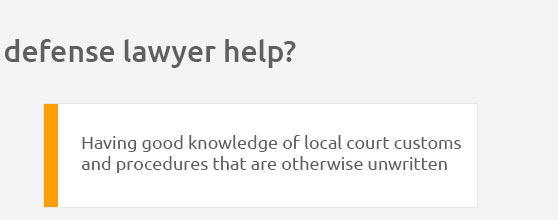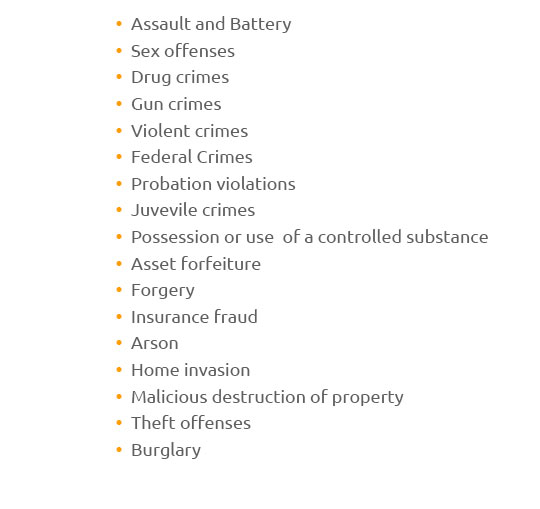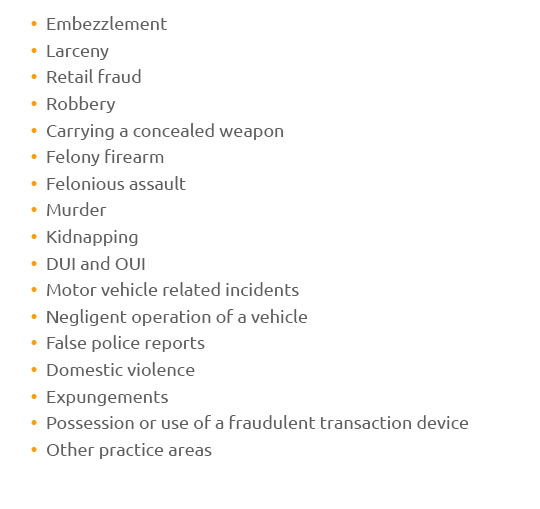 |
|
||||
 |
 |
 |
 |
 |
 |
 |
 |
 |
 |
 |
 |
|
 |
 |
 |
|
||||
|
Becoming a criminal defense attorney requires dedication to understanding the complexities of the legal system. A career in criminal defense offers the opportunity to advocate for clients and uphold justice. Aspiring criminal defense attorneys must develop strong analytical and communication skills. Pursuing a career as a criminal defense attorney can be both challenging and rewarding. Continuous learning and staying updated on legal precedents are crucial for a successful criminal defense attorney career.
https://jobs.lacba.org/career/defense-attorney
A defense attorney, also known as a criminal defense lawyer, is a legal professional who represents individuals and organizations charged with criminal offenses ... https://www.apu.apus.edu/area-of-study/security-and-global-studies/resources/what-is-a-criminal-lawyer-and-how-do-you-become-one/
Criminal defense lawyers dedicate their careers to justice. They defend individuals and organizations fighting criminal charges. https://www.indeed.com/q-criminal-defense-attorney-l-california-jobs.html
2525 Criminal Defense Attorney jobs available in California on Indeed.com. Apply to Attorney, Associate Attorney, Senior Attorney and more!
|




